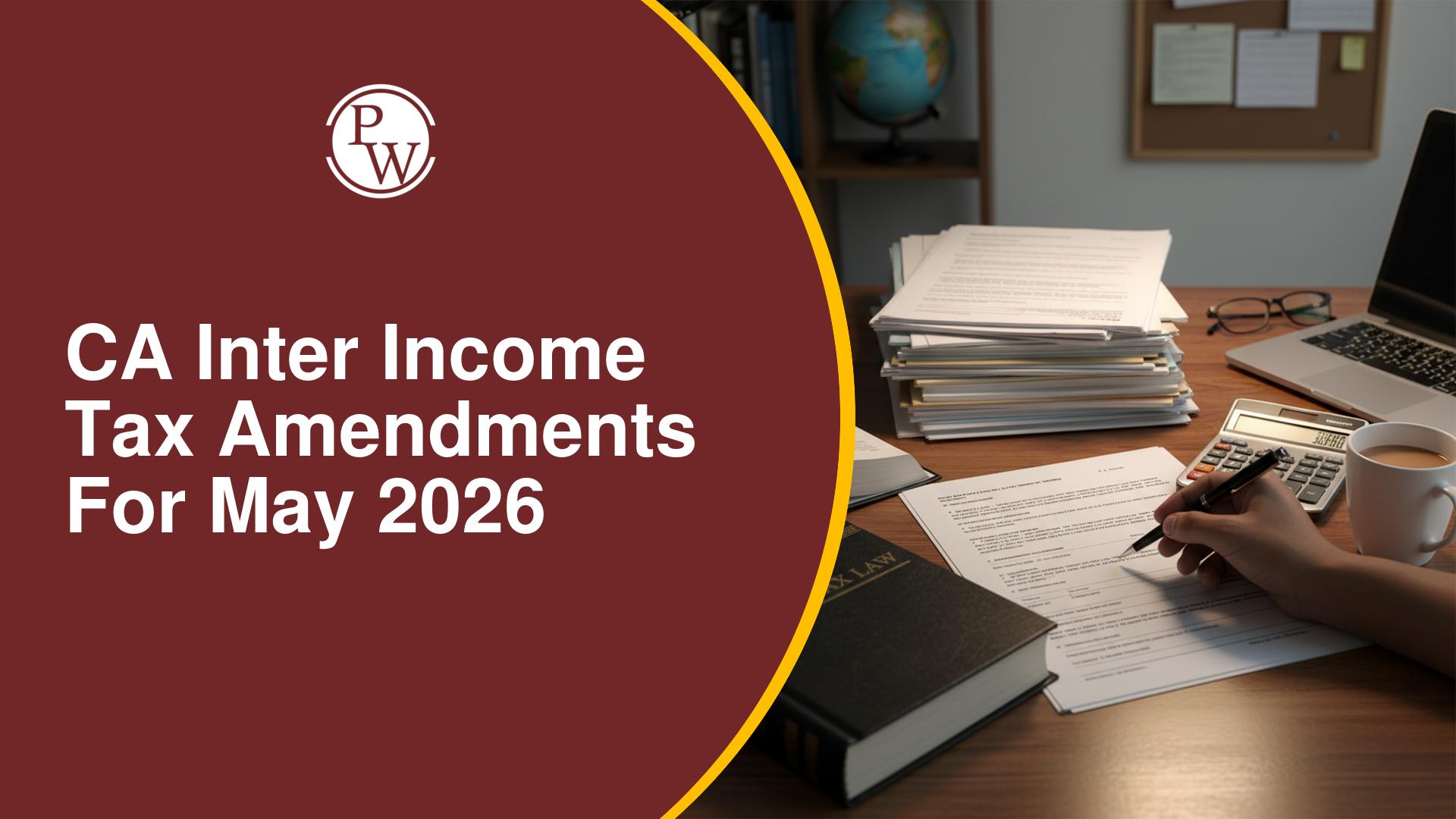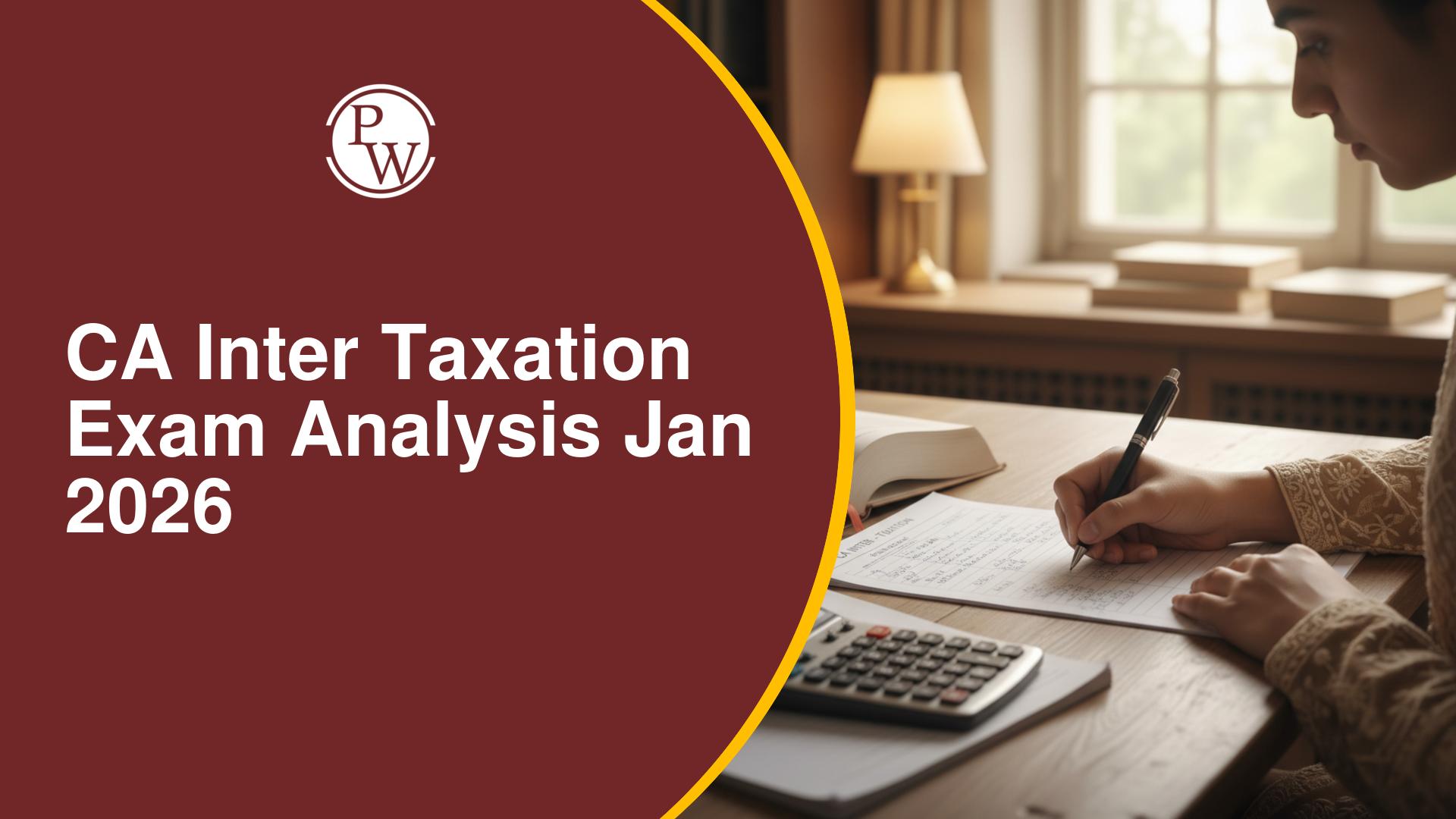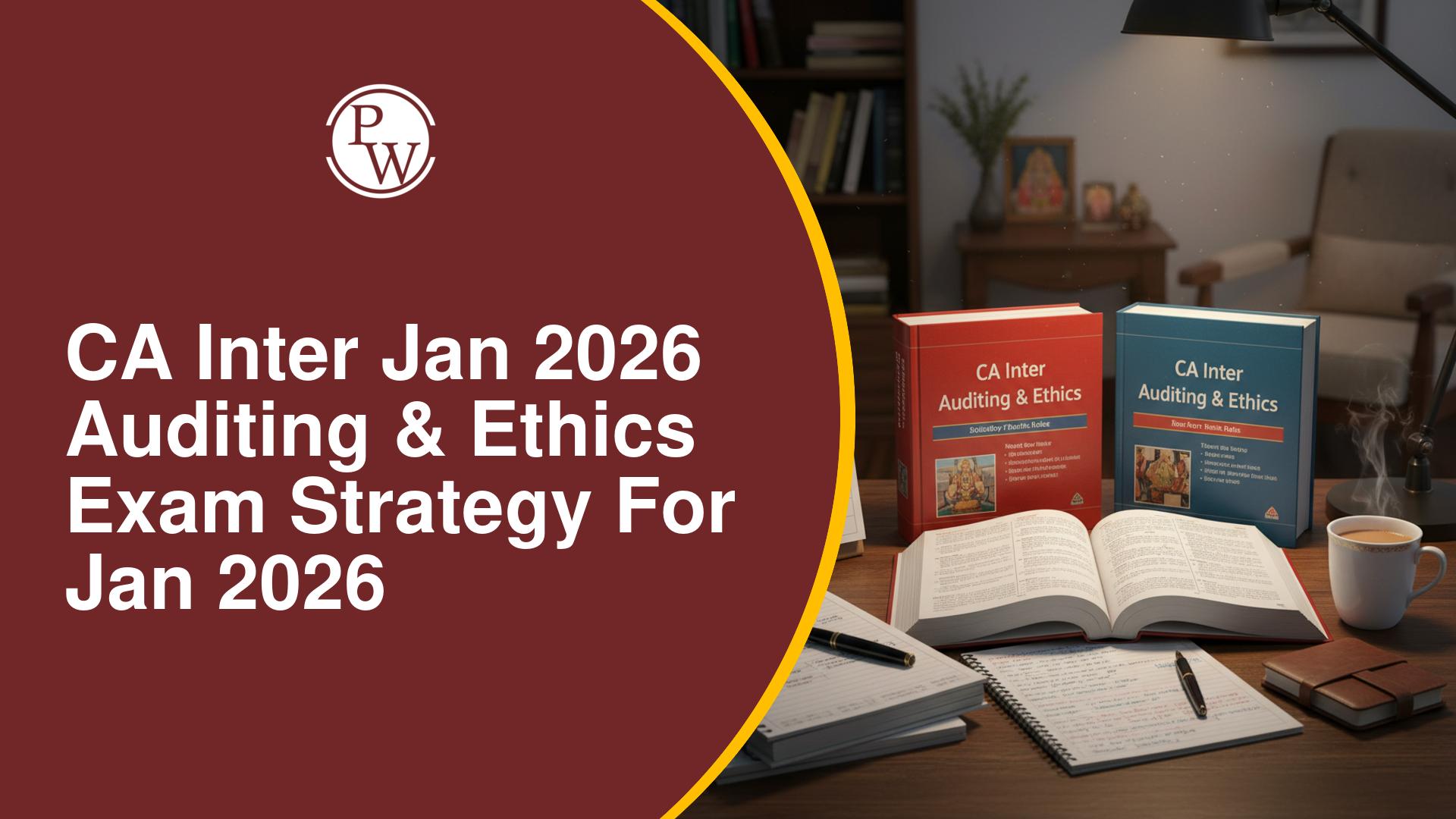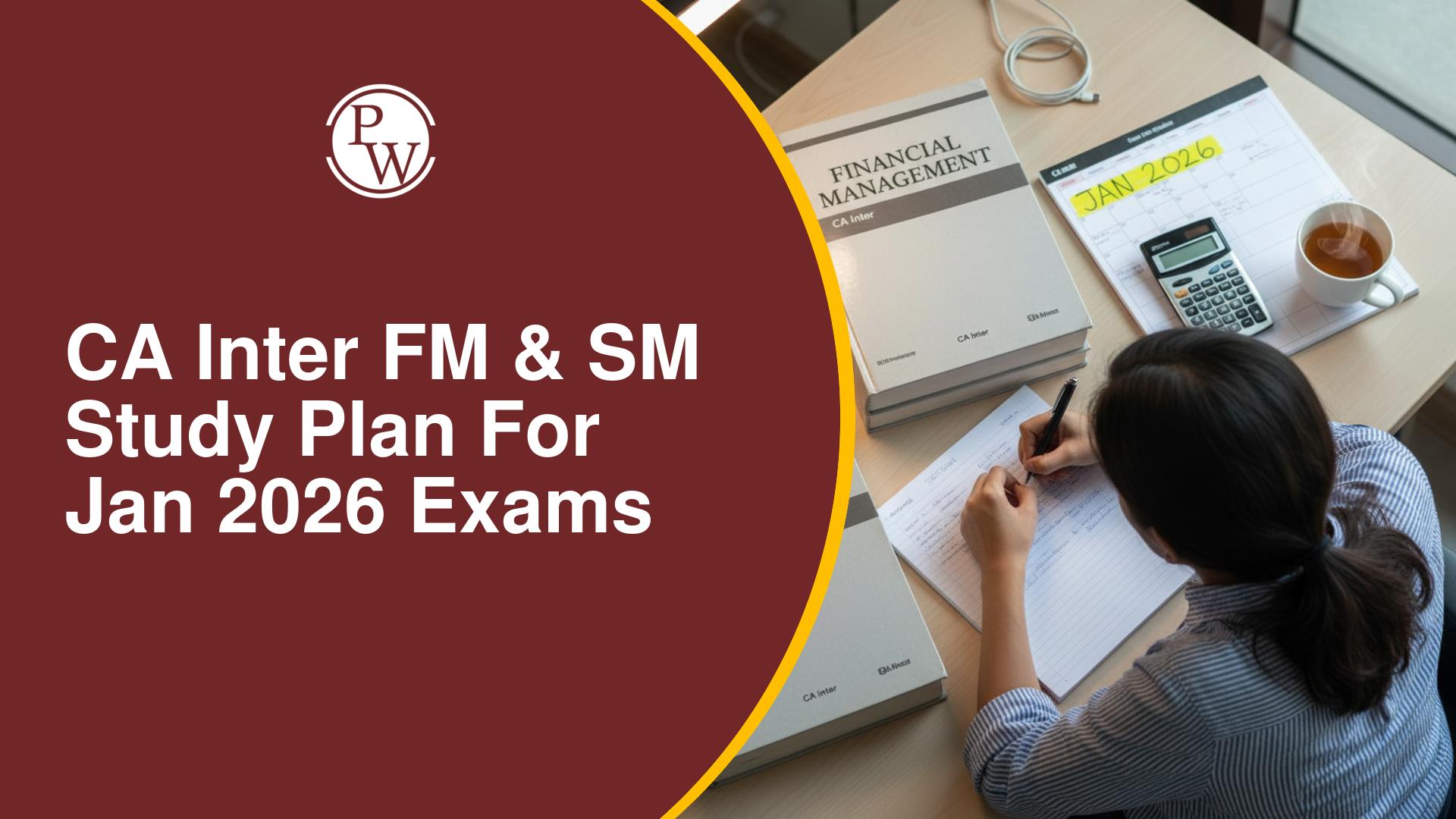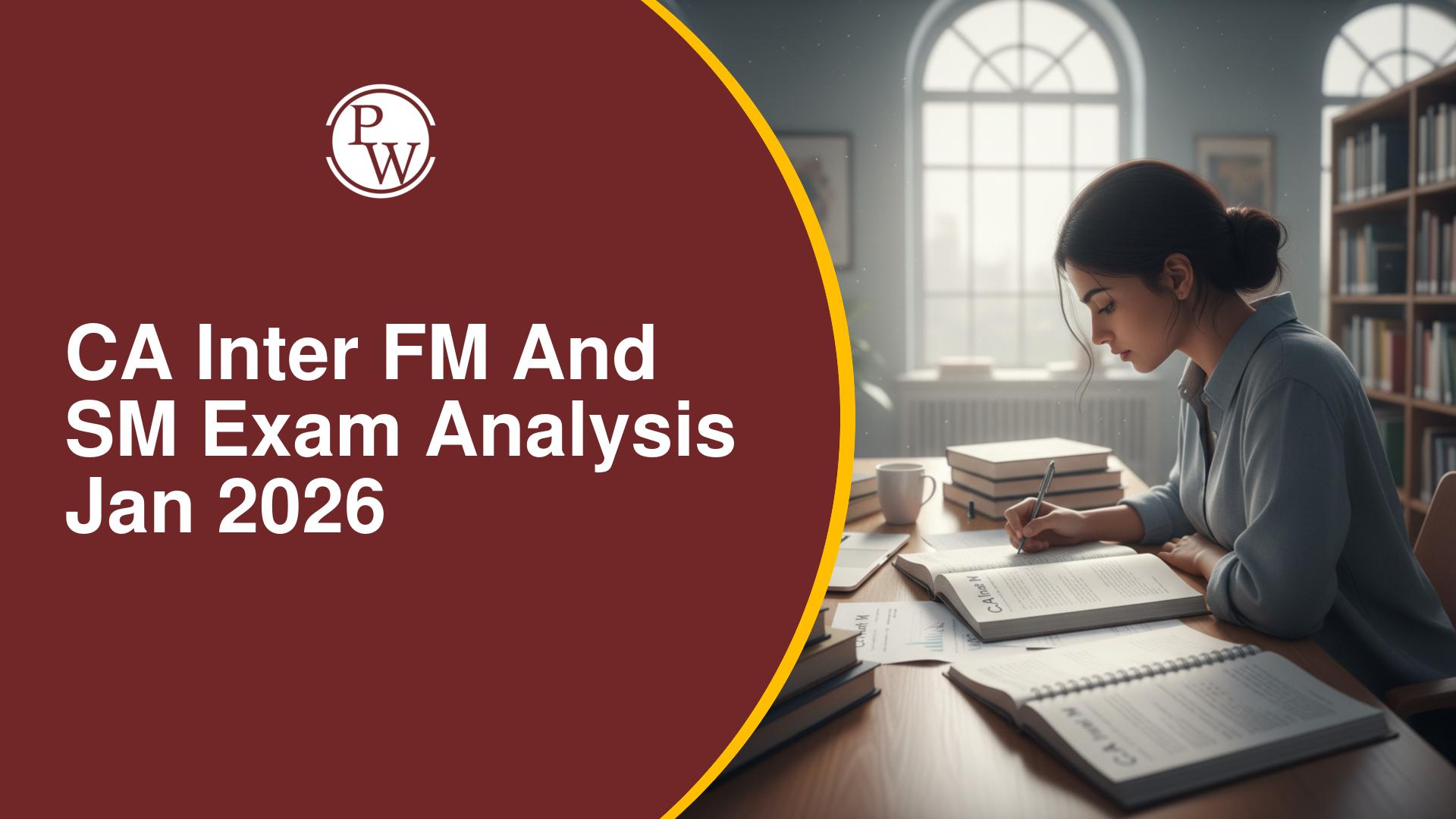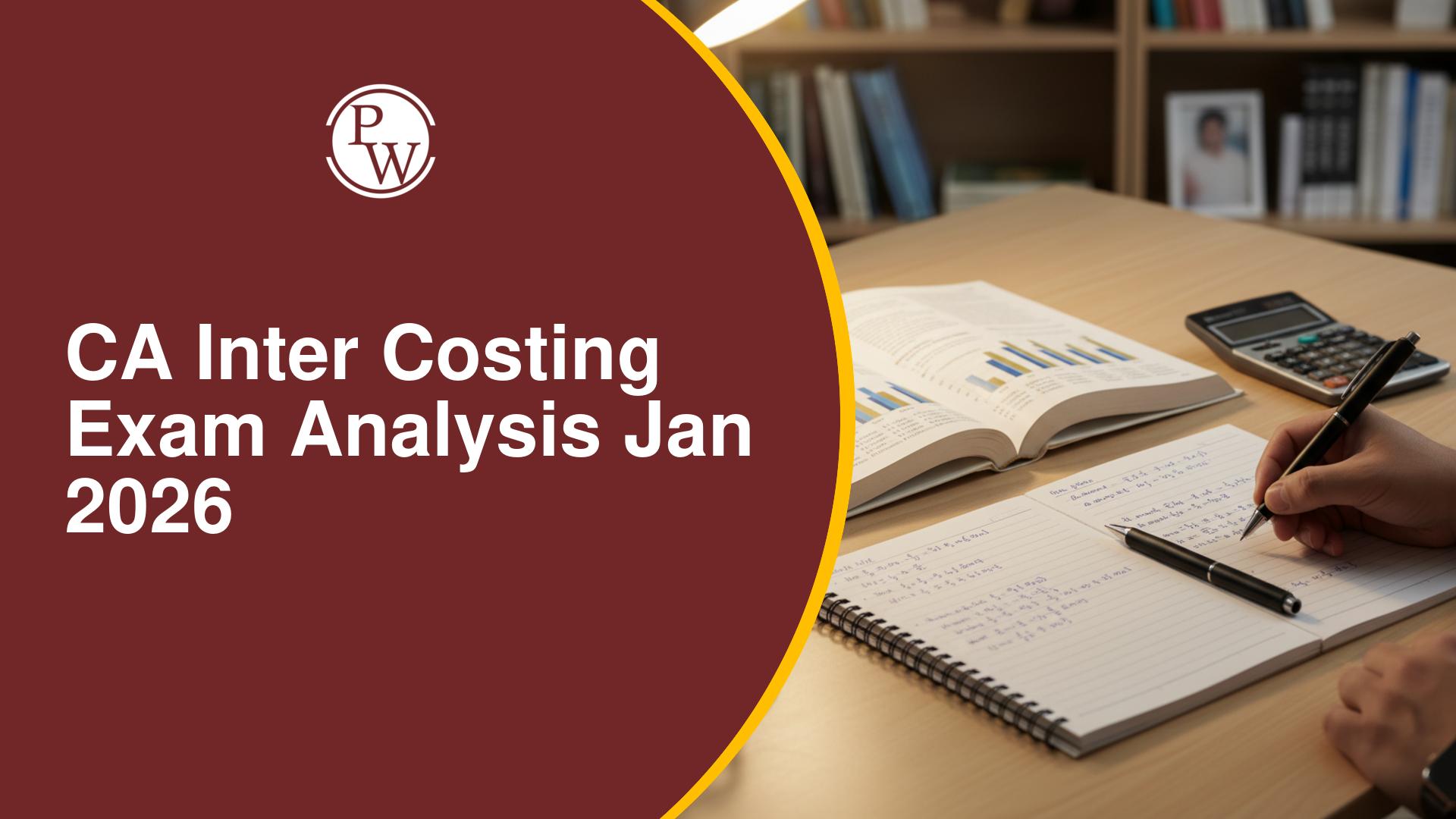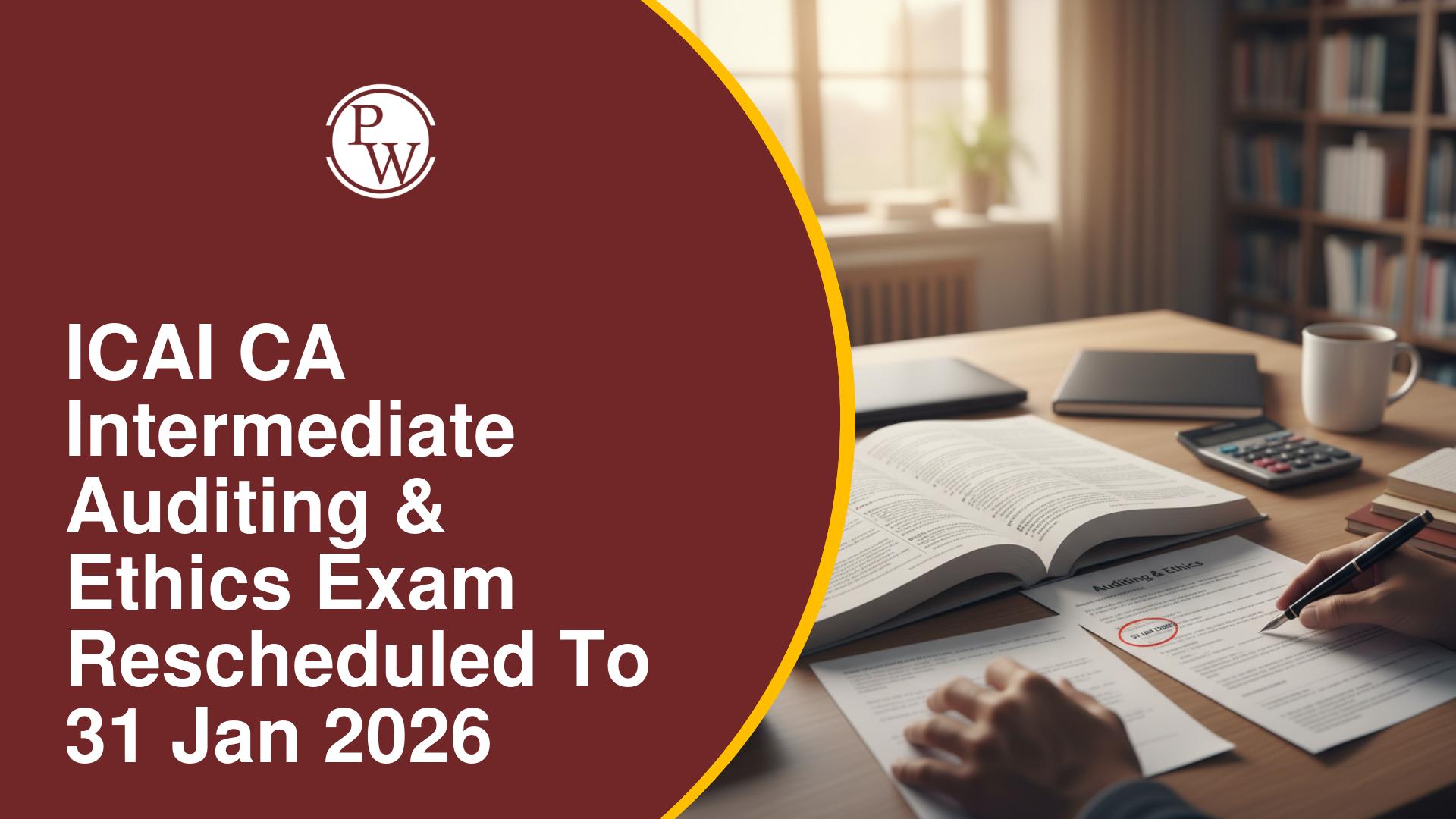
Business accounting is essential for running small and medium-sized businesses. It helps owners manage their finances by tracking inventory, profit and loss, and cash flow. This allows them to identify issues early and maintain or improve profitability. Business owners have options: they can handle finances themselves, hire a bookkeeper, or outsource accounting tasks.
Learn what business accounting is for CA Exams , its various types, how to maintain it for SMEs, and why it's crucial for their success.What is Business Accounting?
Business accounting involves both bookkeeping and managerial accounting to manage a company's daily finances and set long-term financial goals. It includes tasks like forecasting, invoicing, financial tracking, analysis, recordkeeping, and budgeting, helping with both big decisions and detailed operations. Business accounting is mainly for small businesses rather than large corporations. Depending on their size and needs, small businesses may handle accounting in-house or with an accounting firm. The focus of business accounting is on management, which includes monitoring cash flow, expenses, and inventory. Financial advisors use the data from business accounting to help small business owners make crucial decisions about their future and daily operations.Types of Business Accounting
The classifications of business accounting include the following:Financial Accounting
Financial accounting organizes quantitative financial information through balance sheets and profit and loss statements. It keeps a record of the company’s economic activities. This type of accounting is essential for presenting standardized financial statements to investors, public entities, and other interested parties. Financial accounting provides data in monetary terms such as solvency, liquidity, leverage, profitability, and cash cycle.Tax Accounting
Tax accounting follows legal fiscal criteria, regulating how records and reports are made for tax declaration and payment.Management Accounting
Similar to financial accounting but for internal use, management accounting helps a company control and achieve its strategic objectives. It allows for the analysis of the company's progress by including results from previous years, making it a crucial tool for business planning.Managerial Accounting
Also known as administrative accounting, managerial accounting evaluates, identifies, and provides information on the company’s economic activities for internal use. It adapts accounting information to meet the administration’s needs and is typically expressed in monetary units.Cost Accounting
Cost accounting classifies, distributes, and collects information about the company’s costs and manages anticipated future costs. It includes:- Design and operation of cost procedures.
- Determination of costs by departments, functions, responsibilities, activities, products, territories, periods, and other units.
- Cost comparison of different periods with estimated, budgeted, or standard costs.
Also Check: Difference Between Accounting and Financial Management
How To Do Business Accounting for SMEs?
Here are the primary tasks involved in effective small business accounting:Record Financial Transactions
Record all financial transactions, including loans, expenses, income, and other business documents, into the accounting system.Record Journal Entries
Log business transactions in a journal or original entry book in chronological order. Use a double-entry accounting system to include debit and credit accounts. Transactions not recorded here are posted to the general ledger.Maintain General Ledger
The general ledger, or final entry book, keeps a record of past transactions and current balances across various business accounts.Make Trial Balance Reports
Ensure total debits equal total credits by pulling financial accounts from the general ledger. If the columns don’t balance, it indicates an error in the general ledger or accounts.Adjust Input
Adjust entries at the end of the accounting period to update accounts for income, expenses, deferrals, and prepayments.Prepare an Adjustment Worksheet
After adjusting entries, prepare an adjusted trial balance. This second round of trial balance reports checks if debits and credits are equal post-adjustment.Create Financial Statements
Produce financial statements, including a profit and loss statement, a balance sheet, a cash flow statement, and accompanying notes.Close Input
Close all non-permanent accounts, like income and expense withdrawal accounts, to prepare for the next accounting cycle. Perpetual balance accounts remain open for the next cycle.Importance of Business Accounting for SMEs
Here are some key reasons why business accounting is crucial for SMEs:Organize Records
Keeping your financial records organized is essential for budgeting, applying for loans, and tracking profitability. Accounting centralizes all financial data, making it easy to access and understand. It also helps in planning bill payments by tracking due dates and organizing expenses.Facilitates Decision-Making
Accounting provides data to make informed decisions about applying for loans, submitting funding requests, or hiring employees. By evaluating financial information, business owners can determine if they can afford to take on new expenses or investments.Create Accurate Financial Records
Organized accounting leads to accurate financial records, allowing for better planning and spending management. For instance, tracking last year's office supply expenditures can be done efficiently through ledgers or accounting software.Tax Returns
Filing taxes requires detailed and timely accounting records. Professional accountants can use these records or access accounting software to settle and file taxes. Accurate records also simplify the audit process, making it less stressful and time-consuming.Budgeting
Accounting records help in financial planning and budgeting. They provide a clear picture of your business’s performance, showing if you're spending within your budget or exceeding it. Past data aids in creating effective financial plans for the future.Attract Investors
Investors need accurate and up-to-date information to decide whether to invest in your business. Accounting records provide a clear view of your company's financial health, making it easier to secure funding from various sources, including loans and investors. Enhance your accounting skills with PW CA Courses. Get expert guidance, comprehensive study materials, and practical insights to ace your CA exams and build a successful career. Enroll now!| Also Check | |
| Public Finance and Budget | Inflation and Its Impact on Business |
| Common Accounting Mistakes | Economic Environment of Business |
| How to Read and Interpret Financial Statements? | GAAP vs. IFRS |
Business Accounting FAQs
What is the primary purpose of business accounting for SMEs?
What are the different types of business accounting?
How can accounting help in making business decisions?
Why is organized financial record-keeping important for SMEs?
How does business accounting attract investors?



